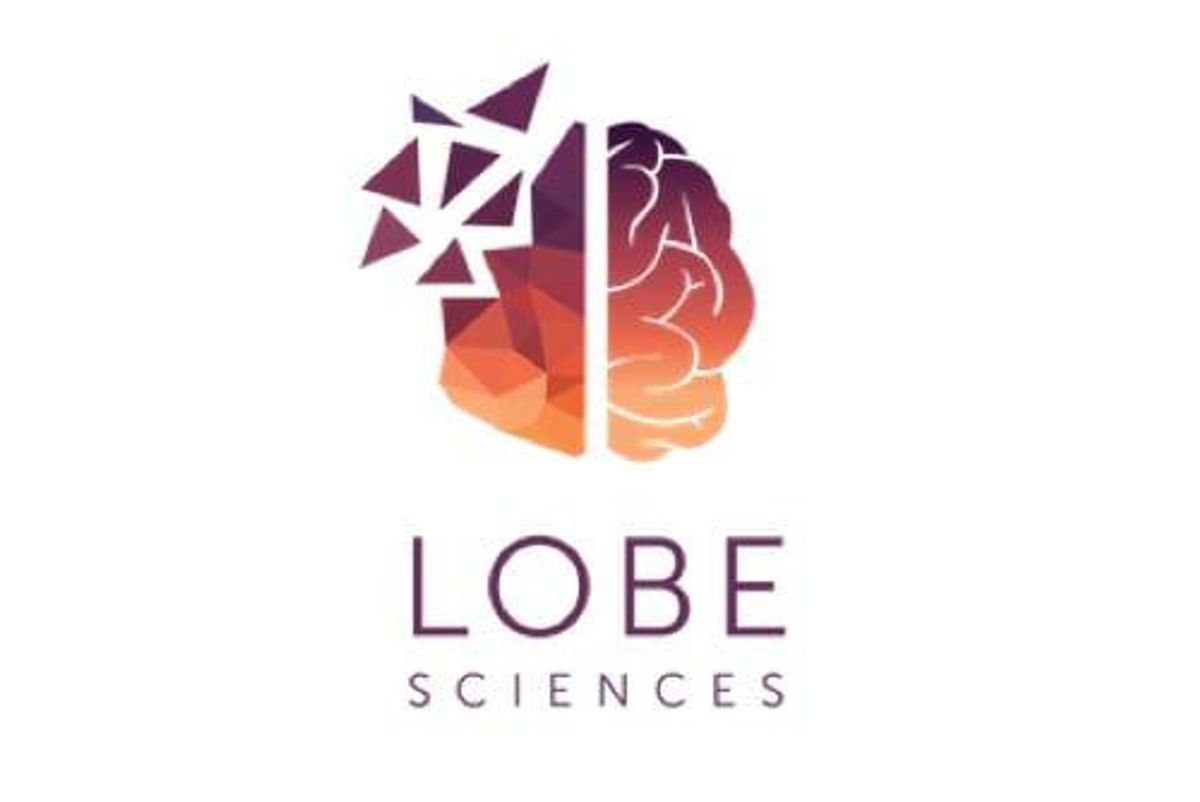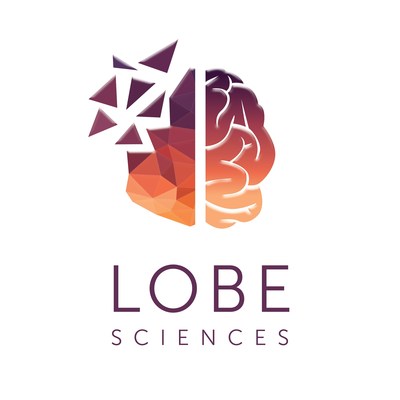
Combination Therapy with Psilocybin plus NAC (N-Acetylcysteine) Is Statistically Significantly Better Than Either Agent Alone or Placebo in a Rodent Model of mTBI and PTSD
Lobe Sciences Ltd. (" Lobe " or the " Company ") (CSE: LOBE) (OTC Pink: GTSIF) is pleased to announce interim data from its preclinical research studies, in established rodent models of mild traumatic brain injuryconcussion ("mTBI") and post-traumatic stress disorder ("PTSD"), using psilocybin plus N-Acetylcysteine ("NAC"). The study is being conducted in collaboration with a multidisciplinary team of scientists and physicians at the University of Miami Miller School of Medicine under the leadership of Michael E. Hoffer M.D., professor of otolaryngology and neurological surgery.
The rodents treated with the combination of psilocybin and NAC performed statistically significantly better (P
Philip Young , CEO of Lobe stated, "I am thankful to Dr. Hoffer and his team for their excellent work. This data is validation of our therapeutic hypothesis that the use of these two active therapeutics provides superior efficacy to either placebo or single drug therapy in this model of TBI and PTSD. We believe that these data directly support our IP and will allow us to build on our leadership position in the rapidly evolving psychedelic therapeutics marketplace. Despite the significant shortage of psilocybin in North America the Miami team was able to deliver these data. However, the shortage has impacted the timing of the next planned studies. We have responded to this supply shortage by working to identify a manufacturing company who will supply high purity cGMP psilocybin to the University of Miami so that the remaining studies can be completed."
Dr. Hoffer stated "These are promising results that suggest that a combination of psilocybin and NAC can work better than either drug administered as a single agent after traumatic brain injury. We look forward to future work that will help to reaffirm these outcomes and further clarify the role of medical countermeasures in combatting traumatic insults to the brain."
Maghsoud Dariani , Chief Science Officer of Lobe said, "We are extremely pleased that the interim data from our preclinical studies validates our therapeutic hypothesis that NAC plus psilocybin would provide superior efficacy over either agent used alone. NAC remains the only compound that has successfully completed a human phase 1 equivalent trial in a population of individuals who had acute mTBI. Dr. Hoffer's team has made significant in-roads studying psychedelic medicine and NAC specifically as it relates to mTBI and PTSD. Given there are currently no approved medicinal treatments for mTBI and PTSD, we feel this data is supportive of our plans to advance into future human clinical trials which we hope will eventually lead to approved therapeutics for these unmet needs."
Trials Methodology And Results
Rodent models have been essential for revealing the normal and pathological processes that influence learning and memory. The University of Miami team has extensive experience and expertise in running these and other important models. In a standard model of normal behavior that assess the amount of time that rodents exhibit exploratory activity, rodents who underwent trauma and treated with the combination agents spent significantly more time exploring than they did with single agents or vehicle alone. The rodents treated with the combination of psilocybin and NAC performed statistically significantly better (P
About Lobe Sciences Ltd.
Lobe Sciences is a life sciences company focused on psychedelic medicines. The Company, through collaborations with industry-leading partners, is engaged in drug research and development using psychedelic compounds and the development of innovative devices and delivery mechanisms to improve mental health and wellness.
NEITHER THE CSE NOR ITS REGULATION SERVICES PROVIDER HAVE NOT REVIEWED OR ACCEPT RESPONSIBILITY FOR THE ACCURACY OR ADEQUACY OF THIS RELEASE.
Disclaimer for Forward Looking Statements
This news release contains forward-looking statements relating to the future operations of the Company and other statements that are not historical facts. Forward-looking statements are often identified by terms such as "will", "may", "should", "anticipate", "expects" and similar expressions. All statements other than statements of historical fact included in this release, including statements regarding the future plans and objectives of the Company; the development of effective delivery methods and commercialization potential of the nasal mist device; research and development using NAC and psilocybin and growth of the business; the timing of and results from the University of Miami pre-clinical study; the ability to access a supply high purity cGMP psilocybin for the Company's studies; anticipated timing and announcement of initiation of the first human study with Lobe's patent pending combination therapeutics of psilocybin and NAC (N-Acetylcysteine); statements and expected timing regarding cGMP psilocybin supply and availability; expected advancement into future human clinical trials; statements regarding future approved therapeutics; and the expected timing for the launch of new products and revenue-generating activities, are all forward looking statements that involve risks and uncertainties. Forward-looking statements, by their very nature, require management to make assumptions and are subject to inherent risks and uncertainties, and while management of the Company believes the forward-looking statements contained herein have a reasonable basis, the possibility exists that our predictions, forecasts, projections, expectations or conclusions will not prove to be accurate. Material assumptions that underlie the forward-looking statements included in this news release include, without limitation, assumptions regarding: the outcomes of scientific studies showing the efficacy of psychedelic therapies on mTBI and PTSD, increasing acceptance in the medical community and among consumers for psychedelic therapies as an effective treatment modality; the Company having access to sufficient capital needed to support its various objectives, expected synergies from M&A transactions and the timing of future studies, regulatory approvals and our ability to capitalize on business opportunities; the Company having availability and supply of high-purity cGMP psilocybin; and the impact of COVID-19 on our business plans. Readers are cautioned that assumptions used in the preparation of the forward-looking statements may prove to be incorrect. As a result of the inherent uncertainty of forward-looking statements, there can be no assurance that such statements will prove to be accurate, and actual results and future events could differ materially from those anticipated in such statements, whether as a result of known and unknown risks, uncertainties, and other factors, many of which are beyond the control of the Company. Important risks and uncertainties that could cause actual results to differ materially from the Company's expectations include without limitation risks relating to: that we may not have the capital needed or will not be able to raise sufficient capital to support our business activities or achieve our anticipated milestones; delays or stoppages in the Company's business activities resulting from the COVID-19 pandemic; adverse or unexpected findings in scientific research; adverse changes to the regulatory environment in which we operate; regulatory delays or the failure to obtain required regulatory approvals; failure to capitalize on business opportunities and develop revenue-generating activities; contract counterparty risks; key personnel risk; business integration risks; risks inherent to equity and debt markets and their effects on our share price, and such other risks as may be detailed from time to time in the filings made by the Company pursuant to securities regulations, as well as other risks that may presently be unknown to us or which we consider to be immaterial at the time such forward-looking statements are made. As a result of these risks and uncertainties, the Company cannot guarantee that any forward-looking statement will materialize as expected, and the reader is therefore cautioned not to place undue reliance on any forward-looking statements contained in this news release. Forward-looking statements contained in this news release are expressly qualified by this cautionary statement, are made only as of the date of this news release and the Company does not intend to update any of the forward-looking statements contained in this news release except as expressly required by applicable securities laws.
![]() View original content to download multimedia: https://www.prnewswire.com/news-releases/lobe-sciences-announces-data-demonstrating-that-its-combination-therapeutic-candidates-are-significantly-more-effective-than-monotherapy-in-mtbi-and-ptsd-301386146.html
View original content to download multimedia: https://www.prnewswire.com/news-releases/lobe-sciences-announces-data-demonstrating-that-its-combination-therapeutic-candidates-are-significantly-more-effective-than-monotherapy-in-mtbi-and-ptsd-301386146.html
SOURCE Lobe Sciences Ltd.

